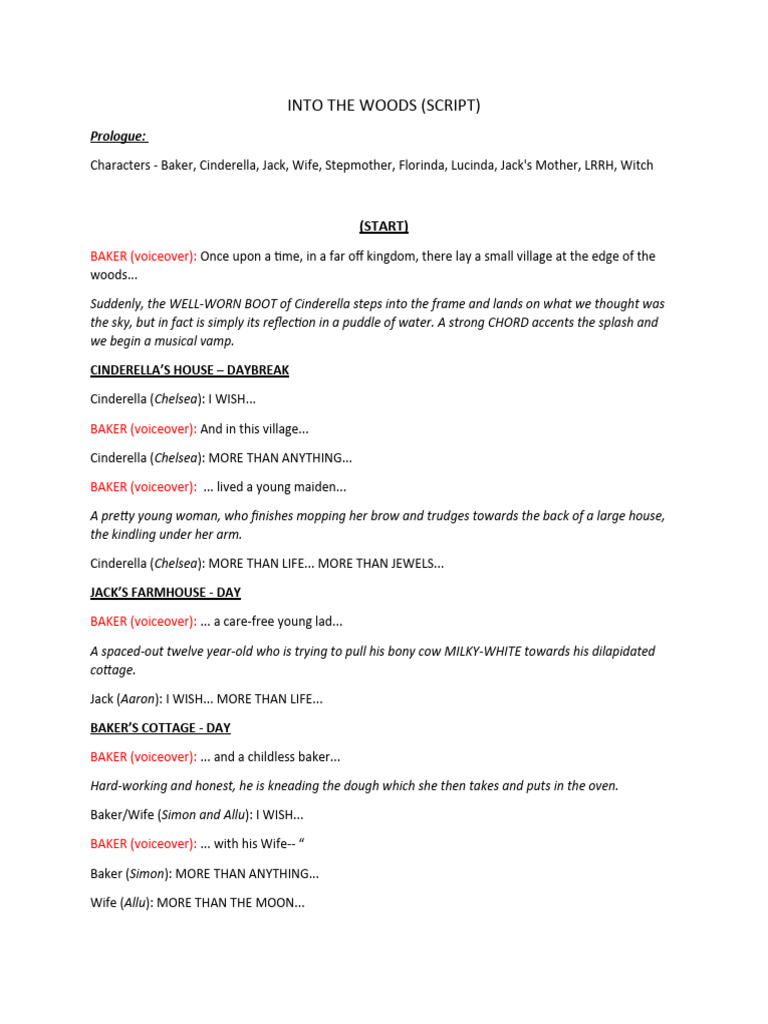Robert S. Burch: Life, Works, and Legacy Explored

In the realm of children’s literature, few authors have captured the essence of growing up with as much authenticity and heart as Robert S. Burch. His stories, often set in the American South, resonate with readers of all ages, offering a unique blend of humor, adventure, and poignant life lessons. This exploration delves into the life, works, and enduring legacy of Burch, a master storyteller whose contributions to literature continue to inspire and entertain.
A Southern Childhood and Early Influences

Robert S. Burch was born on June 20, 1925, in Fayette, Alabama, a small town that would later become the backdrop for many of his stories. His childhood was marked by the rich traditions and close-knit community of the rural South, experiences that profoundly influenced his writing. Burch’s father, a farmer, and his mother, a schoolteacher, instilled in him a love for storytelling and a deep appreciation for the power of words.
Growing up during the Great Depression, Burch experienced both the hardships and the strong sense of community that defined the era. These experiences would later find their way into his writing, providing a historical and emotional context that adds depth to his stories.
The Journey to Authorship

Burch’s path to becoming a writer was not straightforward. After serving in the U.S. Navy during World War II, he pursued a degree in journalism from the University of Alabama. His early career included stints as a reporter and editor, but it was his innate talent for storytelling that ultimately led him to write for children.
"Writing for children is not about talking down to them; it's about respecting their intelligence and their capacity for wonder." - Robert S. Burch
His debut novel, Queenie Peavy (1960), introduced readers to his distinctive voice and marked the beginning of a prolific career. Burch’s ability to capture the complexities of childhood with humor and sensitivity quickly garnered critical acclaim.
Major Works and Themes
Queenie Peavy (1960)
Burch’s first novel follows the adventures of a young girl in the rural South, exploring themes of friendship, family, and the challenges of growing up. Queenie Peavy is celebrated for its authentic portrayal of childhood and its vibrant, memorable characters.
Wolf, the Problem Solver (1969)
This Newbery Honor-winning novel tells the story of a young boy’s summer adventures, highlighting themes of independence, responsibility, and the importance of community. Burch’s use of humor and his keen observation of human nature make this a timeless classic.
The Kaiju Preservation Society (1974)
While less known, this novel showcases Burch’s versatility, blending elements of science fiction with his signature Southern charm. It follows a group of children who discover a hidden world, emphasizing the value of curiosity and environmental stewardship.
Writing Style and Narrative Technique
Burch’s writing is distinguished by its authenticity, humor, and emotional depth. He had a remarkable ability to see the world through the eyes of a child, capturing the innocence, curiosity, and resilience of his young protagonists. His narratives are often driven by dialogue, which brings his characters to life and allows readers to connect with them on a personal level.
Legacy and Impact

Robert S. Burch passed away on December 25, 2007, leaving behind a body of work that continues to resonate with readers. His contributions to children’s literature have been recognized with numerous awards and honors, including the Newbery Honor and the Southern Book Award.
Comparative Analysis: Burch and His Contemporaries
To understand Burch’s place in children’s literature, it’s helpful to compare him with contemporaries like Harper Lee and Mark Twain. While Lee’s To Kill a Mockingbird and Twain’s The Adventures of Huckleberry Finn explore similar themes of childhood and societal issues, Burch’s work is uniquely focused on the everyday experiences of children, often with a lighter touch.
| Author | Key Themes | Narrative Style | Cultural Impact |
|---|---|---|---|
| Robert S. Burch | Childhood, community, Southern culture | Humor, dialogue-driven, authentic | Preservation of Southern heritage, educational influence |
| Harper Lee | Racial injustice, moral growth | Reflective, narrative-driven | Social commentary, literary classic |
| Mark Twain | Adventure, social critique | Satirical, picaresque | American literary canon, cultural critique |

Future Trends and Burch’s Enduring Relevance
In an era dominated by digital media and fast-paced storytelling, Burch’s work remains a testament to the enduring power of simple, authentic narratives. His stories, with their focus on character and community, offer a refreshing counterpoint to the often superficial nature of contemporary children’s media.
FAQ Section
What makes Robert S. Burch's writing unique?
+Burch's writing stands out for its authentic portrayal of childhood, rich Southern settings, and the use of humor to address serious themes. His dialogue-driven narratives and memorable characters create a deeply engaging reading experience.
Which of Burch's books is the most popular?
+*Wolf, the Problem Solver* is arguably Burch's most popular work, widely read in schools and celebrated for its Newbery Honor distinction. Its themes of independence and community resonate with readers of all ages.
How did Burch's Southern upbringing influence his writing?
+Burch's Southern upbringing provided him with a rich cultural and historical context that deeply influenced his writing. The traditions, community values, and landscapes of the rural South are central to his stories, offering readers a vivid sense of place and time.
What awards has Robert S. Burch won?
+Burch has received numerous accolades, including the Newbery Honor for *Wolf, the Problem Solver* and the Southern Book Award. His works have been recognized for their literary merit and contributions to children's literature.
Are Burch's books still relevant today?
+Yes, Burch's books remain highly relevant due to their timeless themes of childhood, community, and personal growth. His emphasis on empathy and cultural understanding aligns with contemporary values, making his works valuable for both entertainment and education.
Conclusion: A Lasting Literary Legacy
Robert S. Burch’s life and works are a testament to the power of storytelling to capture the essence of the human experience. His ability to convey the joys, challenges, and wonders of childhood with humor and heart has left an indelible mark on children’s literature. As readers continue to discover and rediscover his stories, Burch’s legacy as a master storyteller is assured, inspiring new generations to explore the richness of the past and the possibilities of the future.
In a world that often moves too fast, Burch’s stories invite us to slow down, to listen, and to remember the simple truths that connect us all. His work is not just a reflection of a bygone era but a timeless celebration of the human spirit, making him a cherished figure in the literary world.



